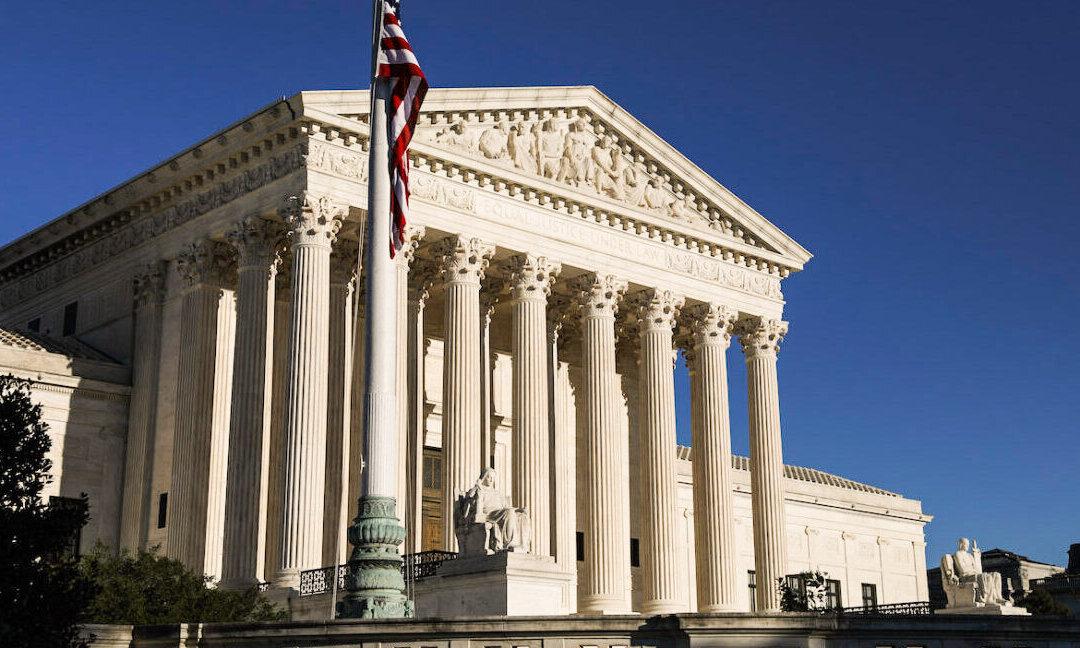Allowing national flags and flags about historic events, causes, and organizations while refusing to raise a Christian flag outside a city hall is an unconstitutional example of government censorship, a seemingly sympathetic Supreme Court was told on Jan. 18.
The hearing came as the high court has been becoming increasingly protective of religious freedoms since conservatives gained a 6–3 majority on the bench in October 2020, when Justice Amy Coney Barrett replaced the late Justice Ruth Bader Ginsburg.





